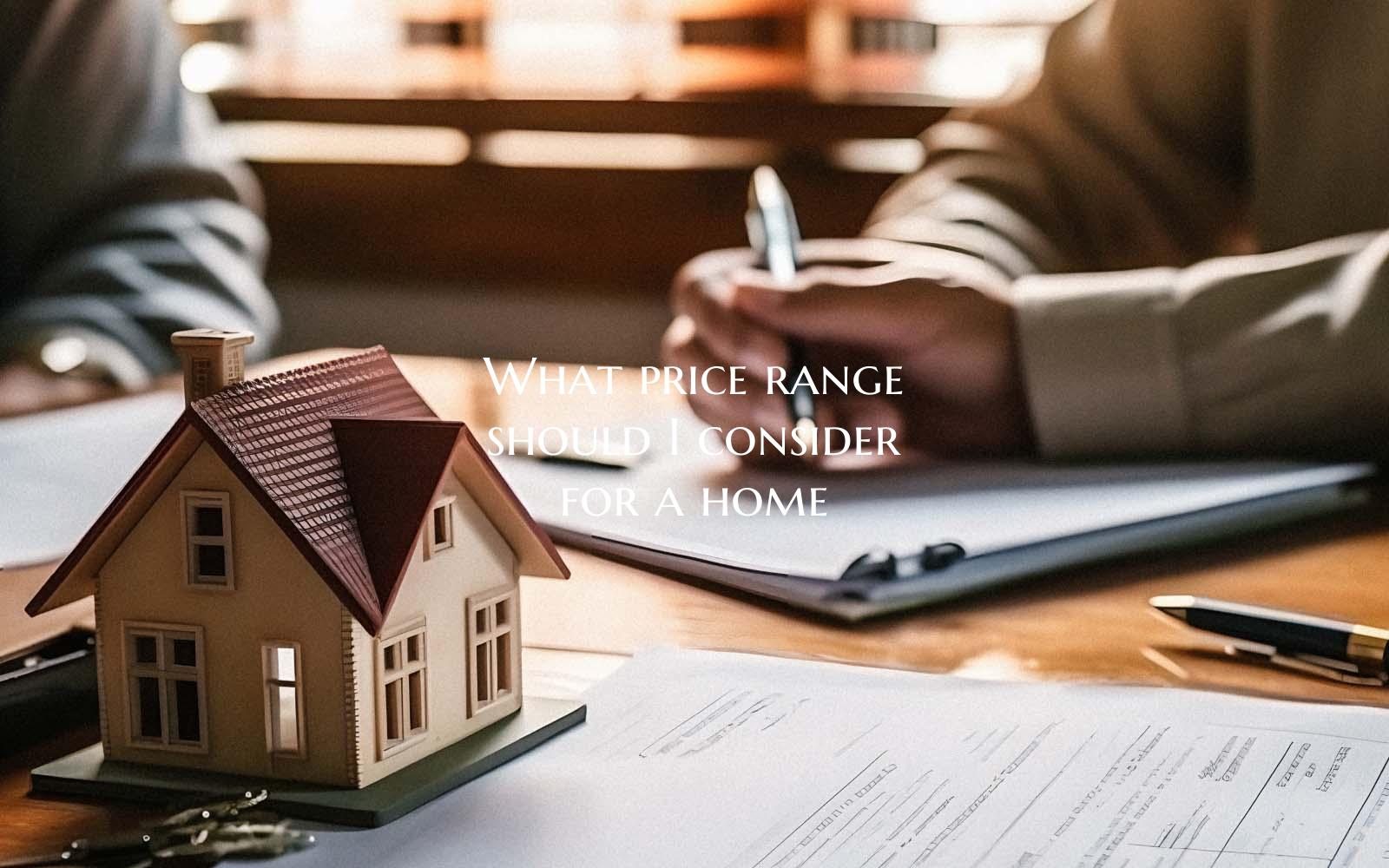What price range should I consider for a home

When it comes to purchasing a home, one of the most important aspects to consider is the price range that you can afford. Finding the right price range for a home involves various factors such as your income, expenses, savings, and financial goals. Here are some key points to consider when determining the price range for a home:
1. Evaluate Your Finances: Start by assessing your current financial situation. Calculate your monthly income and expenses to determine how much you can comfortably allocate towards a mortgage payment each month.
2. Consider Your Savings: Take into account your savings for a down payment on the home. The higher the down payment you can make, the lower your monthly mortgage payments will be. Aim for a down payment of at least 20% to avoid private mortgage insurance (PMI).
3. Mortgage Pre-Approval: Get pre-approved for a mortgage from a lender to find out how much you can borrow based on your financial situation. This will give you a clear idea of your budget for purchasing a home.
4. Total Housing Costs: Remember that your monthly housing costs go beyond just the mortgage payment. Factor in additional expenses such as property taxes, homeowner's insurance, utilities, maintenance, and any homeowner association fees.
5. Long-Term Financial Goals: Consider how purchasing a home fits into your long-term financial goals. Make sure that buying a home aligns with your overall financial plan and that you'll be able to comfortably afford the monthly payments.
6. Affordability: Keep in mind that just because you qualify for a certain mortgage amount doesn't mean you should max out your budget. It's essential to choose a price range that allows you to enjoy your home without feeling financially strained.
In conclusion, determining the right price range for a home involves a careful assessment of your finances, goals, and affordability. By taking these factors into consideration, you can find a home that not only fits your budget but also enhances your overall financial well-being.
